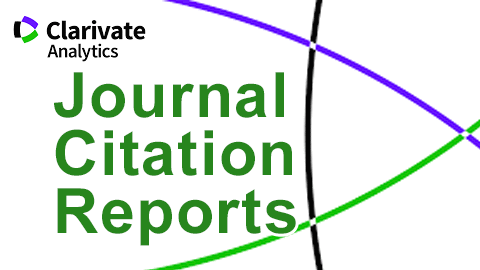The subjective and objective functions in Old English deverbal formations
Keywords:
Old English, suffixation, derivation, subjetive function, objetive functionAbstract
Abstract. The aim of this paper is to analyze Old English deverbal nouns derived by means of the sufffixes -a, -bora, -e, -en, -end, -ere/-re, -icge, -estre/-istre/-ystre, -o, and -u. The analysis is based on the derivational functions and the types of lexical derivation and category functions proposed by Lexeme-Morpheme Base Morphology. After the analysis of 480 complex nouns, several conclusions are reached regarding the subjective vs. objective profile of derivatives. In this respect, the subjective function is more widespread than the objective one. It also turns out that most suffixes perform both derivational functions. Moreover, by finding a clausal correlate for complex nouns displaying these affixes, two types of derivational relationship have been found. Firstly, the explicit derivational relationship as in bacan 'to bake' ~ bæcestre 'baker', in which a full derivational morpheme turns up in the derivative, and, secondly, the implicit derivational relationship, such as the one holding in ri:dan 'to ride' ~ ridda 'rider', in which no derivational morpheme is present from a strictly synchronic point of view.Downloads
Published
Issue
Section
License
Attribution - Non-commercial (CC BY-NC). Under this license the user can copy, distribute and publicly display the work and can create derivative works as long as these new creations acknowledge the authorship of the original work and are not used commercially.
Authors retain the copyright and full publishing rights without restrictions.








